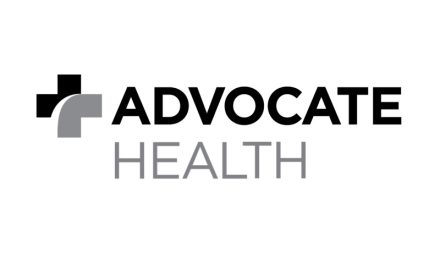
Developing New Therapeutic Targets for Psoriasis
The Medical College of Wisconsin (MCW) has received a five year, $1.6 million grant from the National Institutes of Health’s National Institute of Arthritis and Musculoskeletal and Skin Diseases to study the development of psoriasis, and to evaluate molecules that have the potential to prevent psoriatic symptoms and that could be models for drug development.
Read More




